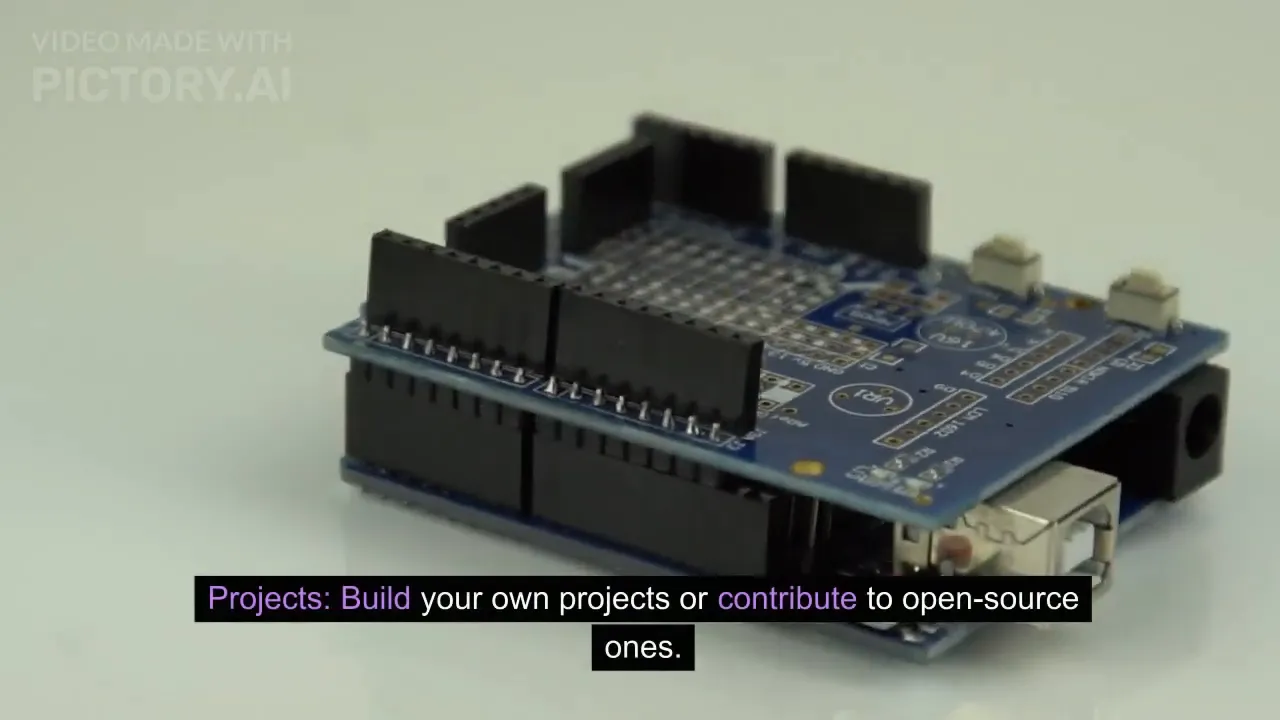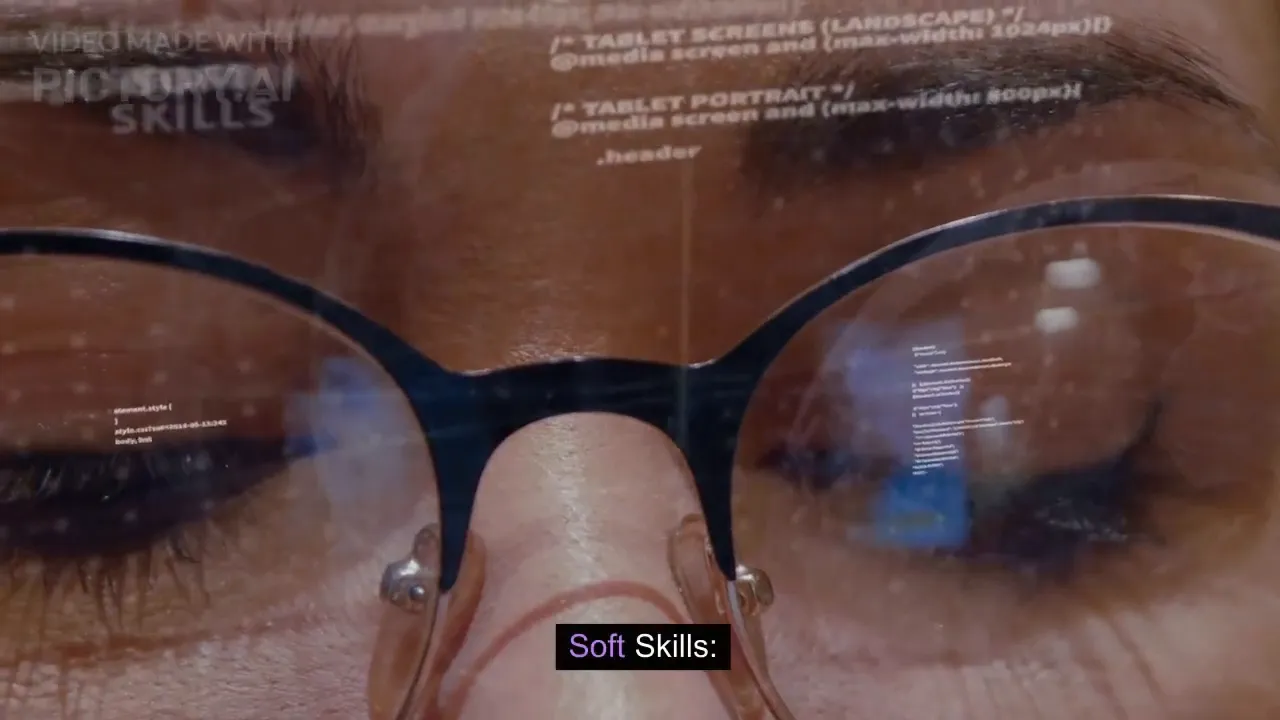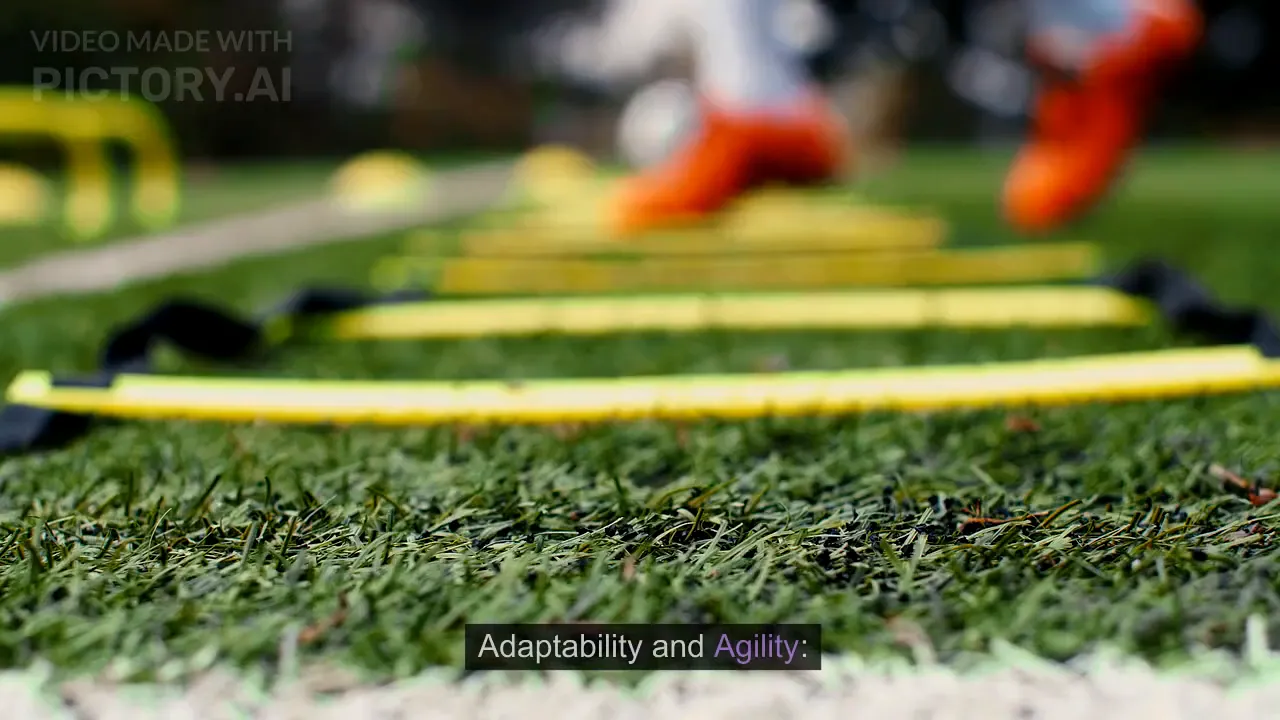Your Path to Becoming a Software Developer in 2024 🚀
Becoming a software developer in 2024 involves a blend of foundational skills, practical experience, and continuous learning. The tech landscape is ever-evolving, and adapting to these changes is crucial for success. Here’s a comprehensive guide on how to become a software developer, ensuring you cover all necessary bases.
Step 1: Learn the Basics 📚

The first step in your journey to becoming a software developer is mastering the basics of programming languages. Start with languages like Python, JavaScript, Java, or C. Understanding the syntax of these languages is essential.
- Programming Languages: Focus on learning the syntax, data structures, and algorithms pertinent to your chosen languages.
- Fundamentals: Dive into data types, control structures, functions, and object-oriented programming concepts.
Step 2: Get Hands-On Experience 🔧

Practical experience is invaluable in the software development field. It’s essential to apply what you’ve learned in real-world scenarios.
- Projects: Begin by building your own projects or contributing to open-source projects. This not only enhances your skills but also provides tangible proof of your capabilities.
- Internships or Entry-Level Jobs: Look for internships or entry-level positions to gain real-world experience. This will expose you to the day-to-day responsibilities of a software developer.
Step 3: Education 🎓

While formal education can be beneficial, it’s not always mandatory. Many successful developers are self-taught.
- Formal Education: Consider pursuing a degree in computer science, software engineering, or related fields.
- Online Courses and Boot Camps: Utilize platforms like Coursera, Udemy, or FreeCodeCamp, which offer a variety of courses and boot camps in programming.
Step 4: Specialize and Expand Knowledge 🌟

As you progress in your career, it’s essential to choose a specialization and continuously expand your knowledge base.
- Choose a Path: Explore different areas within software development, such as web development, mobile app development, or machine learning.
- Continual Learning: Stay updated with industry trends, new languages, frameworks, and tools. The tech landscape is constantly changing, and keeping pace is vital.
Step 5: Networking 🤝

Building a network is crucial for any software developer. Networking can lead to job opportunities and collaborations.
- Online Communities: Join forums, communities, and platforms like GitHub and Stack Overflow to connect with other developers.
- Meetups and Conferences: Attend tech meetups, conferences, or workshops to network and learn from industry professionals.
Step 6: Build a Portfolio 🖥️

A strong portfolio showcases your skills to potential employers. It’s essential to have a well-organized collection of your work.
- GitHub and GitLab: Use platforms like GitHub to showcase your projects. This demonstrates your skills and provides a way for employers to see your work firsthand.
Step 7: Develop Soft Skills 🗣️

While technical skills are crucial, soft skills play an equally important role in your success as a software developer.
- Communication: Develop your ability to communicate ideas clearly, especially when discussing technical concepts with non-technical stakeholders.
- Problem Solving: Software development involves a lot of problem-solving. Hone this skill to enhance your effectiveness in the workplace.
Step 8: Job Search 💼

When you feel ready to enter the job market, it’s important to prepare effectively.
- Resume and Cover Letter: Tailor your resume and cover letter to highlight relevant skills and experiences. Make sure they reflect your capabilities accurately.
- Interview Preparation: Practice coding interviews, algorithms, and system design questions to ensure you are well-prepared for interviews.
Step 9: Adaptability and Agility 🌍

The tech industry is fast-paced, and the ability to adapt is essential for long-term success.
- Stay Flexible: Be ready to adapt to new tools, languages, or methodologies as they emerge in the industry.
Step 10: Continuous Improvement 🔄

Finally, never stop learning. The field of software development is vast and ever-changing.
- Keep Learning: Regularly improve your skills, whether through online resources, tutorials, or mentorship.
Additional Tips for Aspiring Developers 💡

- Online Resources: Take advantage of various online resources, including tutorials, forums, and YouTube channels focused on coding.
- Mentorship: Having a mentor can be immensely helpful. They can provide guidance and advice based on their experience.
- Personal Projects: Building your own applications or contributing to open-source projects solidifies your skills and showcases your abilities to potential employers.
Conclusion 🎉
Persistence and dedication are key to becoming a successful software developer in 2024. Keep coding, learning, and building, and you will progress on your journey. By following these steps, aspiring developers can navigate the path to success in the software development landscape.
FAQ ❓
Do I need a degree to become a software developer?
No, while a degree can be beneficial, many successful developers are self-taught or have completed coding boot camps.
What programming languages should I start with?
Begin with languages like Python, JavaScript, Java, or C, as they are widely used and have a lot of resources available for learners.
How important is networking in the tech industry?
Networking is crucial for finding job opportunities and building professional relationships. Attend meetups and engage in online communities.
How can I improve my problem-solving skills?
Practice coding problems, participate in hackathons, and work on personal projects to enhance your problem-solving abilities.
What should I include in my portfolio?
Your portfolio should showcase your projects, contributions to open-source, and any relevant work experience. Use platforms like GitHub to display your work.


